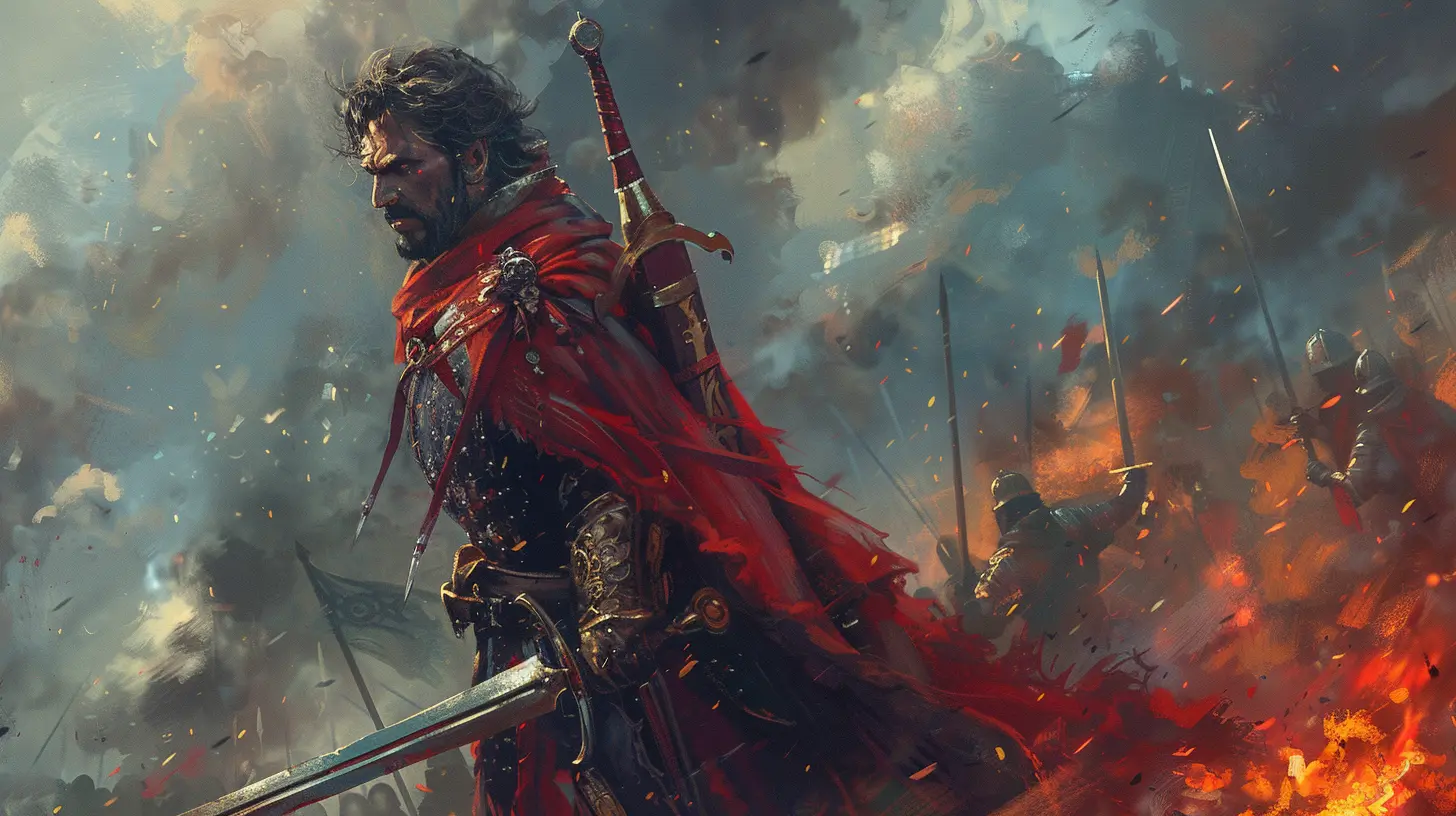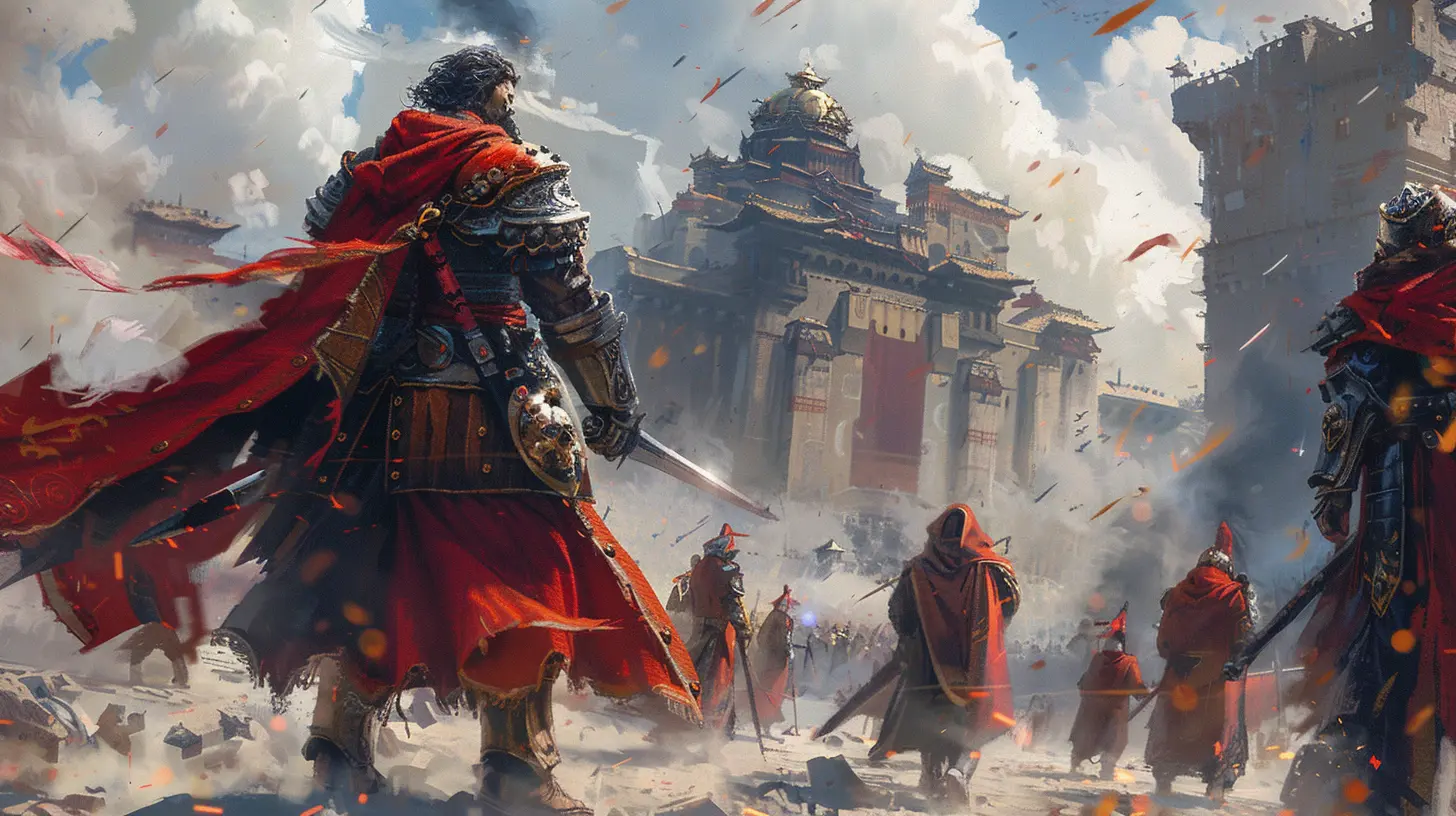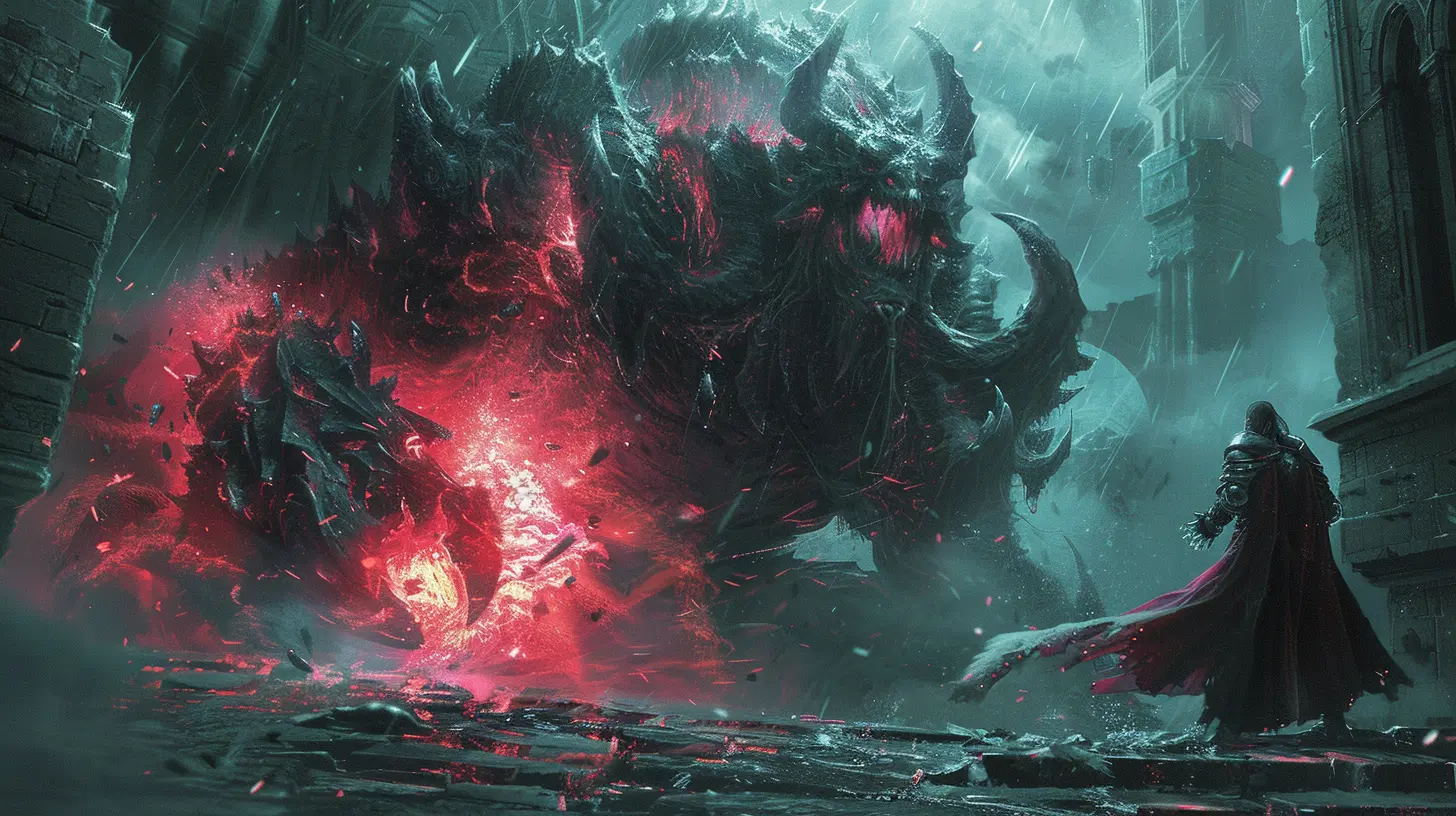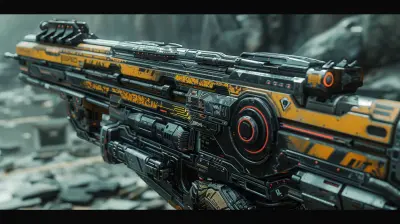Mastering Combat in Your Favorite PC RPGs
9 August 2025
When it comes to PC RPGs, combat is the adrenaline-pumping heart of the game—the lifeblood that keeps us coming back for more. Whether you're unleashing devastating spells, landing precise sword strikes, or tactically outmaneuvering enemies, mastering combat can feel like an art form. But let’s be honest, it doesn’t always come easy. Sometimes, it feels like you're fumbling around in the dark, desperately trying to dodge a boss's one-hit kill move while yelling at your monitor.
So, how do you go from a button-mashing novice to a battle-hardened champion? Don't worry—I’ve got you covered. From understanding mechanics to fine-tuning your playstyle, let’s break this down step by step.
1. Understand the Core Combat Mechanics
Every RPG has its own flavor of combat. Some lean into fast-paced action like The Witcher 3, while others focus on tactical, turn-based gameplay like Divinity: Original Sin 2. Before you can become a combat master, you’ve got to understand the nuances of the game's mechanics.Study Your Abilities and Stats
This might sound basic, but have you actually scrolled through your skill tree or read all of your abilities? Many players skip this step, only to miss out on key abilities that could turn the tide of battle. Pay attention to what each skill does and when it’s most effective. Is it a high-damage ability with a long cooldown? Or maybe it’s a debuff skill designed to weaken enemies for your teammates?Stats matter too! Some games will have gear that boosts agility, strength, or intelligence. Know which stats benefit your character and gear up accordingly. For instance, a sneaky rogue probably doesn’t need heavy plate armor—unless you want to roleplay as the world’s slowest, loudest thief! 
2. Timing is Everything
Combat in RPGs often boils down to timing. Think of it like a dance—you’ve got to know when to lunge forward and when to gracefully retreat.Dodge Rolls, Parries, and Blocking
In action RPGs, like Dark Souls or Elden Ring, dodging is your best friend. Rolling at the precise moment an enemy attacks can save your life. And if your game of choice includes parrying, take the time to learn it. Sure, it’s tricky at first, but nothing feels more satisfying than perfectly timing a parry and following up with a devastating riposte.If blocking is an option, make sure you know how much stamina or durability it consumes. A well-timed block can mitigate damage, but spamming it can leave you wide open for punishment.
Cooldown Management
For games with cooldown-based abilities (World of Warcraft, anyone?), getting the hang of ability rotation is crucial. Spamming your most powerful attack the second it’s available might not always be the best move. Sometimes, saving it for a boss’s vulnerable phase or a critical moment in the battle can make all the difference.
3. Experiment With Playstyles
Are you a nimble assassin, striking from the shadows? Or perhaps a stalwart tank, soaking up damage so your teammates can shine? One of the best parts of RPGs is experimenting with different playstyles and seeing what feels right for you.Embrace Role Diversity
Many RPGs are designed to let you play how you want. If melee combat isn’t clicking, try switching to a ranged or magic-based character. For instance, in Skyrim, you could be a bow-wielding stealth character one playthrough and a fireball-hurling mage the next.Certain games, like Dragon Age: Inquisition, even encourage you to swap between party members. This lets you experience multiple combat styles in one playthrough—so don’t hesitate to mix things up!
Don’t Fear Respecs
Many modern RPGs allow you to respec your character for a small fee (or in-game currency). If your initial build isn’t cutting it, don’t be stubborn—make adjustments. Changing your skill points and stats can breathe new life into your gameplay and make combat significantly more enjoyable.
4. Leverage Environmental Advantages
The battlefield isn’t just a backdrop for epic fights—it’s often a tool you can use to your advantage.Use Line of Sight
Many RPGs allow you to duck behind cover or break the line of sight between you and an enemy. This is especially useful against ranged foes who relentlessly rain arrows or fireballs down on you. By breaking their focus, you can close the distance for a melee attack or catch your breath.Exploit Elemental Weaknesses
Some RPGs, like Divinity: Original Sin 2, heavily emphasize environmental interactions. Cast a water spell to create puddles and follow it up with electricity for massive damage. Or ignite oil slicks with a fireball to scorch enemies. Knowing how to manipulate the battlefield can elevate your combat skills to the next level.5. Know Your Enemies
Every enemy has its quirks—learn them. Study their attack patterns, weaknesses, and behaviors.Watch and Adapt
Remember that annoying boss fight you couldn’t beat on the first try? Chances are, you didn’t take the time to observe its patterns. Boss fights, in particular, are often like playing chess; you need to study your opponent’s moves before you can counter them.For example, in The Witcher 3, certain monsters are weak to specific signs (magic abilities) or bomb types. Preparing accordingly can mean the difference between victory and a frustrating defeat.
6. Prepare Before the Battle
Preparation isn’t just for Boy Scouts—it’s for RPG players, too. Walking into a battle unprepared is like trying to swim without knowing which way is up.Stock Up on Consumables
Potions, scrolls, traps—these are your lifeline. Never underestimate the power of buffs or healing items. If your health bar is creeping dangerously low and healing potions are gathering dust in your inventory, you’re asking for trouble.Save Often
Nothing’s worse than spending hours grinding only to be wiped out by a surprise mini-boss. Save often, especially before major battles. It’s the unspoken RPG law, and you’ll thank yourself later.7. Multiplayer vs. Single-Player Combat
Combat in solo RPGs versus multiplayer RPGs requires a different mindset.Solo Combat Strategy
In single-player games, you’re often juggling multiple mechanics at once. You’re controlling your character, managing resources, and sometimes even coordinating a party of AI companions. In games like Persona 5, planning your party’s turn-based actions strategically is crucial for success.Team Coordination in Multiplayer
In multiplayer RPGs like Final Fantasy XIV or World of Warcraft, communication is key. You’re not just responsible for yourself—you’re part of a team. Know your role and stick to it. If you’re a healer, focus on keeping your team alive; if you're DPS, focus on dishing out damage. And whatever you do, don’t stand in the fire.8. Practice Makes Perfect
Let’s be real: you’re not going to master combat overnight. It takes practice, patience, and perseverance. Don’t be afraid to fail. Every loss is a learning opportunity.Try Challenge Modes
Many RPGs include optional challenges, such as high-level dungeons, arena fights, or boss rush modes. These are great for honing your combat skills and pushing the limits of what you can do.Learn From Others
Don’t hesitate to watch tutorials, read guides, or even ask for help on forums. Sometimes, a fresh perspective is all you need to overcome a tough fight.Conclusion
Combat in RPGs can be intimidating at first, but with the right mindset and strategies, you’ll become a force to be reckoned with. It’s all about learning the game’s mechanics, experimenting with playstyles, and adapting to every challenge thrown your way. And hey, even if you fail a few (or a dozen) times along the way, that’s part of the journey. After all, isn’t overcoming those struggles what makes victory so sweet?So grab your mouse, keyboard, or controller and dive back into your favorite RPG. Let’s show those enemies who’s boss!
all images in this post were generated using AI tools
Category:
Pc GamesAuthor:

Stephanie Abbott
Discussion
rate this article
2 comments
Max McVey
Success in combat lies in strategy, timing, and understanding your character's strengths.
December 28, 2025 at 3:37 PM

Stephanie Abbott
Absolutely! Mastering combat hinges on honing your strategy, timing, and leveraging your character's unique strengths. It's the key to victory in any RPG!
Kendall Robinson
What a fantastic read! Mastering combat in RPGs can truly elevate the gaming experience. Your insights on different strategies and character builds are invaluable. I especially appreciated the tips on adaptability and practice—every player can benefit from that! Looking forward to more articles like this!
August 22, 2025 at 3:02 PM

Stephanie Abbott
Thank you so much for your kind words! I'm glad you found the tips helpful. Stay tuned for more articles!


